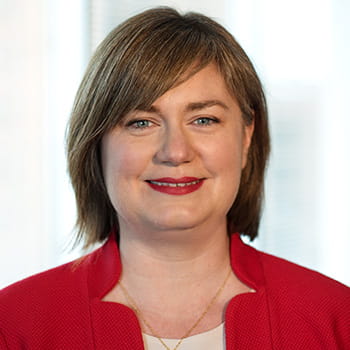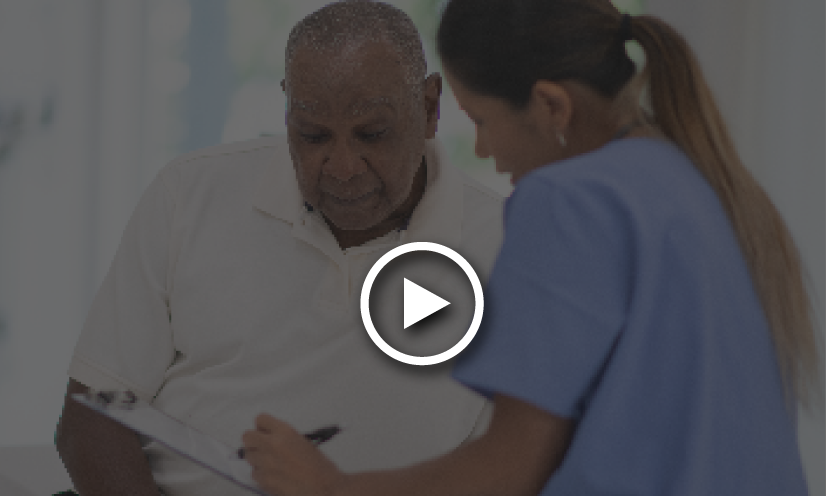Clinical Trials: A Guide for Leukemia Patients and Caregivers
This virtual program, held Thursday, October 12, was presented by Karen Carlson, MD, PhD, from Medical College of Wisconsin, with support from Merck and Kite, and in partnership with the Patient Empowerment Network.
Dr. Carlson shared information about clinical trials for leukemia, including:
- what clinical trials are and how they are developed
- how leukemia treatment has been changed by clinical trials
- resources for finding a clinical trial
- factors to consider if a clinical trial is right for you
- and more...
Watch the video
Speaker

Karen Carlson, MD, PhD
Medical College of Wisconsin,
Versiti Blood Research Institute
Dr. Carlson is Associate Professor of Medicine at the Medical College of Wisconsin, Division of Hematology and Oncology, where she is the section head and medical director for acute care oncology. She specializes in acute and chronic myeloid leukemias, MDS and MPNs. In addition to her clinical roles, Dr. Carlson is passionate about both patient and trainee education. She serves as an Associate Program Director for the Medicine Residence at MCW.



